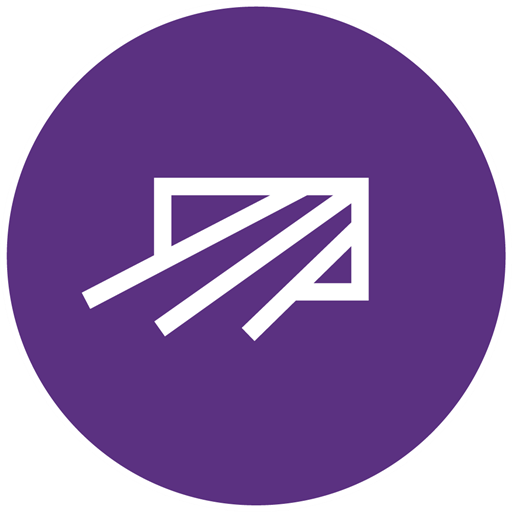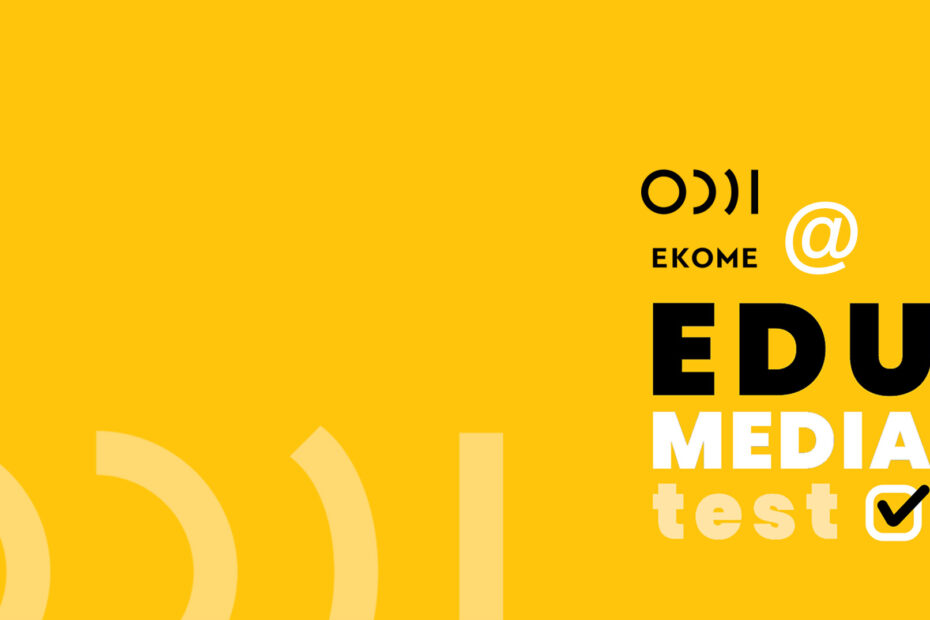The European tool EduMediaTest, the first combined tool to assess knowledge and skills in media and digital literacy for pupils aged 14-18, is now open and available for use by the school community. EKOME, the Greek national partner, recommends the Greek research project EduMediaTest 2.0, approved by the Ministry of Education (Α.Π. 22469/ΓΔ4 25-02-2021), for application and implementation to the school community of Secondary Education of Greece.
With project leader the Catalan Audiovisual Council (CAC – Conseil Audiovisual de Catalunya) and partners from Spain (Universitat Pompeu Fabra), Portugal (Portuguese Regulatory Authority for the Media), Croatia (Agency for Electronic Media), Slovakia (RVR), Ireland (Dublin West Education Center), France (Conseil supérieur de l’audiovisuel – CSA) and Greece (EKOME), the EduMediaTest project is an innovative learning tool implemented under Creative Europe / Media Literacy for All (LC – 01535770) in the period 2020-2021.
The open and interactive tool, available in 10 languages, is based upon six thematic dimensions related to media literacy: Language, Technology, Production and Dissemination, Ideology, Reception and Aesthetics. It comes with the Media Kit, accompanying research material for teachers to raise issues related to critical audiovisual and digital literacy and media disinformation.
The EduMediaTest tool evaluated, for the period March – May 2021, the media skills of approximately 9,000 students, 14 to 18 years old, in the seven European countries of the consortium of the project. From Greece, 823 students responded from 11 secondary schools and lyceums. According to the results of the study, European students pass the test in terms of their digital technology skills but fail in the critical reading of content.
For this reason, media education (part of Media and Information Literacy) should focus on the critical reception of media messages and the enrichment of school curricula with more lessons related to the ideological dimension of media and the impact of fake news. At the same time, it is recommended that specific programs should be designed and more funding should be provided to increase pupils’ ability to create content. In addition, it is recommended to improve cooperation between schools and the media industry, so that schoolchildren can have first-hand, direct knowledge of how media messages are produced.
Information: educate@ekkomed.gr
- Visit EduMediaTest website.
- See the CAC Press Release 28 October 2021 here.
- Find the EduMediaTest Recommendations here.


